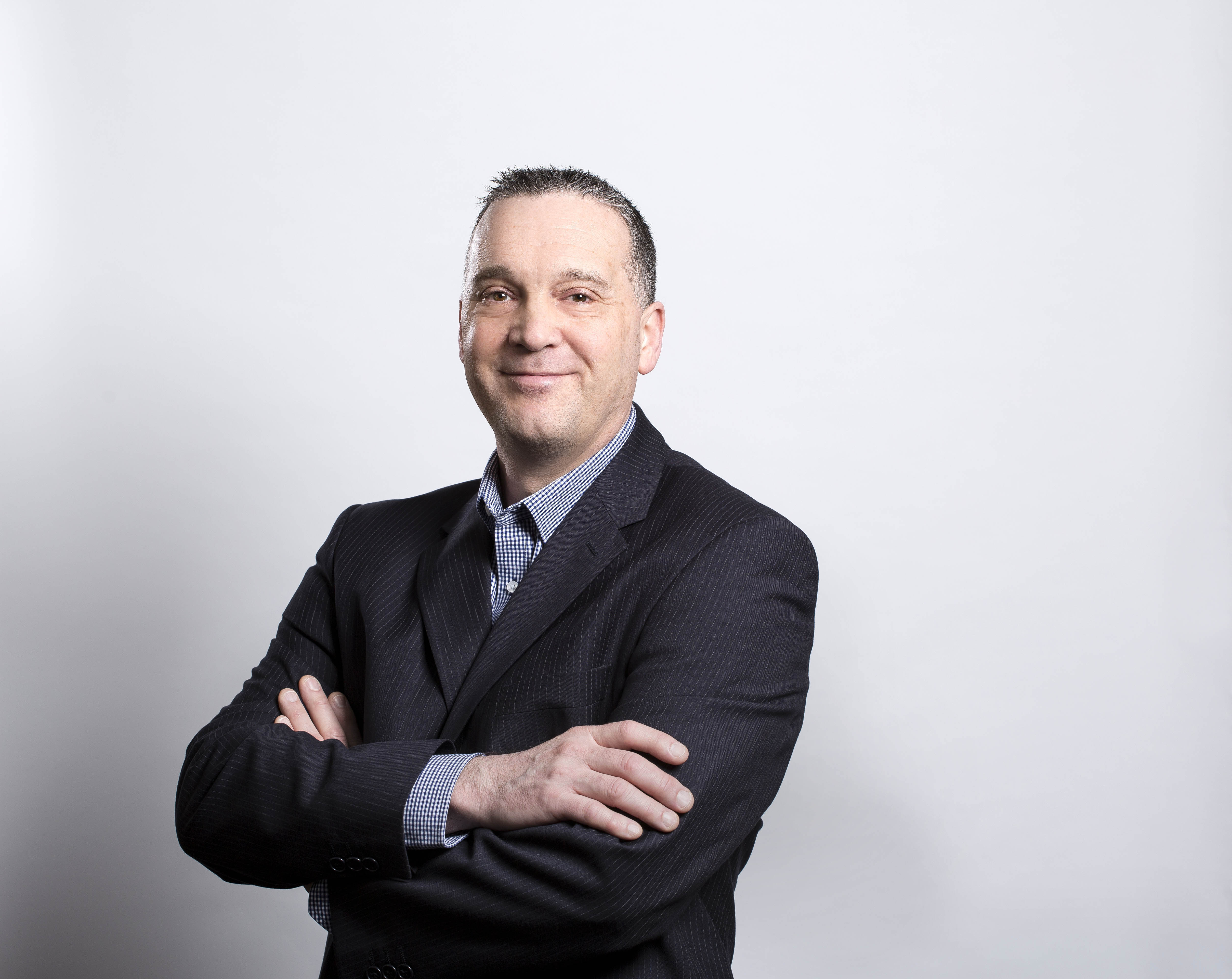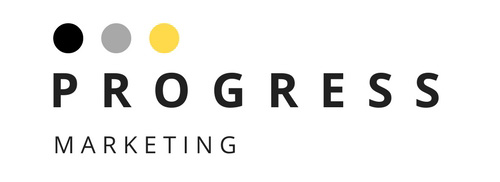Yorkshire Leadership Group 20th May 2020
We would love to welcome you to our Yorkshire Leadership Group.
Under normal circumstances, it takes place once every 2 months for a day at the beautiful Rudding Park Hotel.
We have adapted this now to the following virtual format:
The format is as follows:
10-12 am Masterclass from Raj Kholi “Using technology to improve business performance and manage risk during covid-19.”
Lunch (sorry this time its BYO!)
2-4 pm Peer group issues session: where business owners bring their own issues and challenges to discuss
4 pm Close
Taster session available £125+vat (for this cost we are now offering weekly mini Yorkshire Leadership Group sessions at 2pm every Wednesday for the month of May).
Masterclass details:
Using technology to improve business performance and manage risk during covid-19
- Moving at breakneck speed: Many businesses have had to rapidly introduce new home working solutions to support their teams as a result of Covid-19. For most this change has been forced upon them with very little time to test and validate that the solutions work as intended. This could impact staff experience especially for those who are unfamiliar with remote working. Importantly it could also introduce new and novel cyber risks which could present opportunities for cyber criminals to exploit your business.
- Doing more with less: how can technology be used to drive innovation and resilience during uncertain times? Most if not all businesses have been impacted in some form from Covid-19, specifically their ability to invest in projects which they previously had underway. With this refocus of resources, we will consider how technology could be used to drive efficiencies and closer customer engagement during these uncertain times.
- Managing costs: Where are the hidden opportunities using tech? Most businesses have made significant investments in technology but do they understand if they are using their existing technology in the right way, have they bought what they think they need vs what they actually need? Have license agreements with major technology vendors been optimized?
The speaker is Raj Kholi, his business, DCR Partners, is a niche consultancy that specialises in partnering with clients to help solve their complex problems, drive technology-enabled change whilst helping them to effectively manage risk.
To find out more call: Lisa Lister 0787 9820725
30th January 2019 – Yorkshire Leadership Group
Rudding Park, Wednesday 30 January 2019
Morning masterclass
HUMANISING HR Does your approach to HR give your business what it really needs?
As businesses grow, they need to change their approach to managing people. Quite often the impetus for change is a negative employee experience that leads to deployment of traditional HR methodologies, geared towards ‘prevention’ and ‘operational efficiency’. Instead of policing our people, we need approaches that drive the right human behaviours. We need to become ‘people experts’ in order to survive and protect the business culture that makes our business unique.
How much of a people expert are you? How can knowledge on the drivers of human behaviour lead to better people practices that give your business what it really needs? What changes can your business make right now?
This is a practical master-class based on a combination of academic research and real examples, through the eyes of an HR Director working within organisations from SME’s through to large Corporates. The presentation challenges some of the traditional approaches to HR and makes the case for a more ‘Human’ HR approach.
Delegates will leave the session with a wide range of practical solutions that they can apply easily to ‘humanise’ their approach to Human Resources on areas such as recruitment and induction, reward and recognition, policies and procedures and performance management.
SPEAKER
Kirsty Robinson Kirsty has over 17 years’ experience working in senior HR roles, including HR Director, within financial services, professional services and the public sector. Most recently she has set up CutTheMustard HR, a HR consultancy based in York, providing strategic HR support and advice to SME’s across Yorkshire. CutTheMustard HR is on a mission to challenge the perception of HR in the workplace and provides a fresh new approach; one that has proved to deliver significant business results. Kirsty loves any excuse to get on her soap box to discuss all things HR and people related!
Afternoon peer group issues session
8.15 Breakfast
Masterclass
Lunch
Peer group issues session
4.30 Close
Taster session available £125+vat
Further details and reservations via Lisa Lister, lisa.lister@yorkshireleadership.co.uk, or Denis Kaye, denis.kaye@yorkshireleadership.co.uk.

Eyes open – a framework for implementing business change
With thanks to our guest blogger: Richard Hitchcock, Tackle Management Consultancy
Change and project management
Change is small word with a big meaning – there is a myriad of reasons why change may be necessary in your business and there are many different types of change that may be required. Sometimes the need for it stealthily creeps up on you, sometimes it hits you from out of nowhere and sometimes you’ve strategically anticipated the need for it and got a plan to do something about it. Whatever the start-point and whatever the change that’s required, progressive businesses need to be ready to embrace it in all its guises in order to grow and remain competitive.
There are many bodies of work on change management and numerous aspects that need to be covered when considering and planning change but, in this piece, I will focus on the headline framework that needs to be in place to ensure that the necessary change project or programme has a greater chance of success.
Implementing change is challenging and it requires skill and commitment – those that have their eyes open and recognise this are already at a significant advantage.
Where do we start?
The starting point of any change exercise is the senior team accepting that change is necessary, understanding that there may be some challenges to achieve successful implementation, but also having a very clear line of sight as to why the change is necessary. After this, the most important aspect to fix in your mind, is that change doesn’t happen without people. It is you and your employees that will either make the change happen or will doom it to failure. If you think you can successfully push through change by bypassing your employees, or that it will happen by osmosis, then I would strongly advise you not to start! Change done badly has the capacity to instigate a range of emotional and disruptive influences from resistance to confusion and anxiety to frustration. Change done well, however, can help to transform your business.
The six-step framework
it is important to understand that all the steps described are necessary and there are no short-cuts without risk.
- Vision – be totally clear on the rationale for the change and be able to describe and communicate the benefits of the change throughout the business and beyond. Without tangible benefits understood by all, no change will take hold. The senior team needs to create a strong awareness and desire for the change to be grasped and implemented.
- Skills & Knowledge – ensure that you have the skills and knowledge in place to manage and implement the change (a project manager) and, crucially, for your employees to operate effectively in the new state. New knowledge will be required for them to effect the change, but new skills – the ability to apply the new knowledge – will be essential and will be required at an individual level.
- Incentives – change doesn’t just happen because you tell your staff that it needs to. They need to understand what the incentive is for them, as individuals, as teams and as a business, to actively take part in the change to maximum effect.
- Measures –alongside any incentive, there also needs to be a measurement system that tracks and feeds-back on the success of the new state. Don’t put change in place without being able to measure success and create feedback and learnings.
- Resources – ensure that you have the right resources in place to develop and implement the change, but also that you have allocated any resource that is required to make the change happen ‘on the ground.’
- Plan – change needs to be planned and managed and having a plan in place with a responsible and competent individual is crucial. Importantly, part of the plan also needs to be a focus on methods that ensure that the change is sustained long after the implementation phase.
Change is both challenging and exciting and the benefits can be transformational, so having your eyes fully open to all these factors puts you at a distinct advantage. Having a framework can then help to make the change more tangible and manageable.
And, remember, change is about people, and having them actively involved in the journey is absolutely essential. It’s your duty to involve, communicate, coach, celebrate success and learn from failures. It’s possible that not everyone will come with you on the journey but give them the opportunity and see where it takes you. There are few things in business more rewarding than successfully managing and implementing change because of the positive effect it can have on business performance. With your eyes open to all of the factors and the framework in place, there is no need to be scared about implementing change.
Richard Hitchcock is a Yorkshire-based management consultant who specialises in improving business performance through a very hands-on approach to change and project management and by creating better systems, processes and organisational structures. His work is focused on substantive SMEs across numerous industry sectors and 3rd Sector organisations.
e: Richard@tacklebusinessadvice.com
t: 07947 691847
